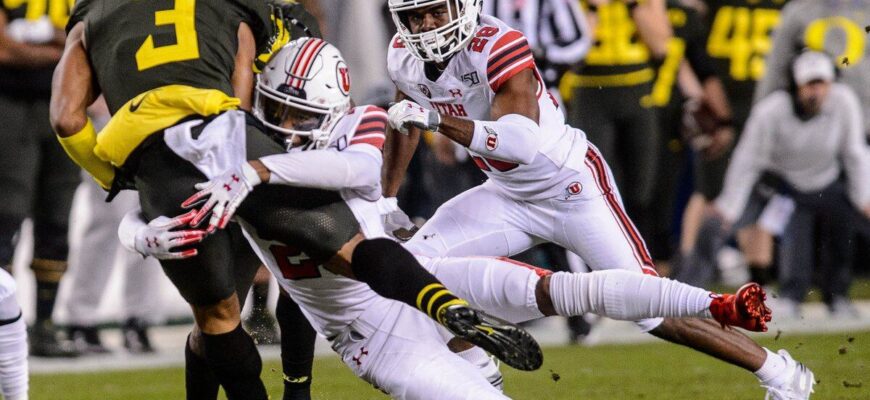In a development that has sent ripples through the Portuguese football landscape, CD Nacional, an island club hailing from Madeira, has issued a stark warning: they may not appear for their upcoming Primeira Liga clash against football giants FC Porto. This dramatic threat isn`t born of sporting apprehension, but rather a logistical Gordian knot tied by an eleventh-hour fixture alteration.
The core of the dispute lies in the Portuguese League`s (Liga Portugal) decision to unilaterally change the date for a pivotal fifth-round encounter of the 2025/2026 season. Originally slated for Sunday, September 14th, the match at FC Porto`s iconic Estádio do Dragão was abruptly moved forward to Saturday, September 13th, at 6:00 PM. While a mere 24-hour shift might seem trivial at first glance, for a team like Nacional, based on an island, it represents a monumental and, by their account, insurmountable challenge.
The Island Dilemma: A Calendar Conundrum
One might reasonably assume that in the meticulously planned world of professional football, such logistical oversights would be a relic of the past. However, Nacional`s current predicament serves as a rather pointed reminder that reality often diverges from expectation. The club had, with commendable foresight, organized their travel for the original Sunday fixture, booking flights from Madeira for Saturday morning. Their prudent planning, intended to ensure ample rest and preparation on the mainland, was unfortunately rendered moot by the league`s revised schedule.
“After numerous and consecutive efforts with TAP Portugal to reschedule the travel associated with this trip, CD Nacional informs that it is considering not appearing for this match, as it has not yet received a viable travel alternative suitable for a professional football team,” the club unequivocally stated in their official communication. This isn`t merely about adjusting a flight time; it`s about securing an entire charter or a significant block of seats on an already tight flight schedule for a professional squad, complete with coaching staff, medical personnel, and essential equipment, all on less than ideal notice. The Madeira-to-Porto route, while common, is not typically designed to accommodate the spontaneous whims of last-minute football fixture planners.
More Than Just a Game: Integrity and Precedent
The potential non-appearance by Nacional carries significant ramifications extending far beyond a simple match result. A forfeit in professional football typically results in an automatic 3-0 loss, a substantial financial penalty, and a severe blow to the club`s league standing and overall reputation. Beyond these immediate punitive measures, such an incident raises uncomfortable and critical questions about the league`s duty of care towards its member clubs, particularly those operating under unique geographical constraints.
Is it truly reasonable to expect an island team to absorb such last-minute logistical chaos without complaint, or is the governing league body fundamentally obliged to provide pragmatic solutions when their own scheduling decisions create the problem? This isn`t an isolated incident, but rather a recurring theme in multi-regional leagues where teams from islands or geographically remote areas often face inherent disadvantages. The delicate balance between broadcasting schedules, continental competition commitments, and domestic league play frequently places immense pressure on fixture management. Yet, a professional league, one would hope, possesses the institutional foresight to consider the broader, real-world impact of its scheduling decrees on all participants. Nacional`s insistence on being fully prepared to play on the original Sunday date merely underscores their commitment to the fixture, provided the foundational logistical framework allows for it.
A Call for Pragmatism in Professional Sport
As the deadline looms for the highly anticipated FC Porto vs. Nacional clash, the wider footballing world watches keenly to see if a pragmatic resolution can be brokered. This unfolding episode unequivocally highlights the necessity for greater collaboration, transparency, and foresight between league organizers and all participating clubs, especially when dealing with the intricate and often complex travel requirements of island-based teams. For the sake of fair play, the integrity of the sport, and to avoid what would undoubtedly be an embarrassing non-event, one sincerely hopes that common sense—and perhaps a thoughtfully arranged charter flight—will ultimately prevail. This would ensure that the only drama witnessed on September 13th (or indeed, the 14th) is confined exclusively to the pitch, rather than unfolding in a frustrating battle against an unyielding airline booking system.









